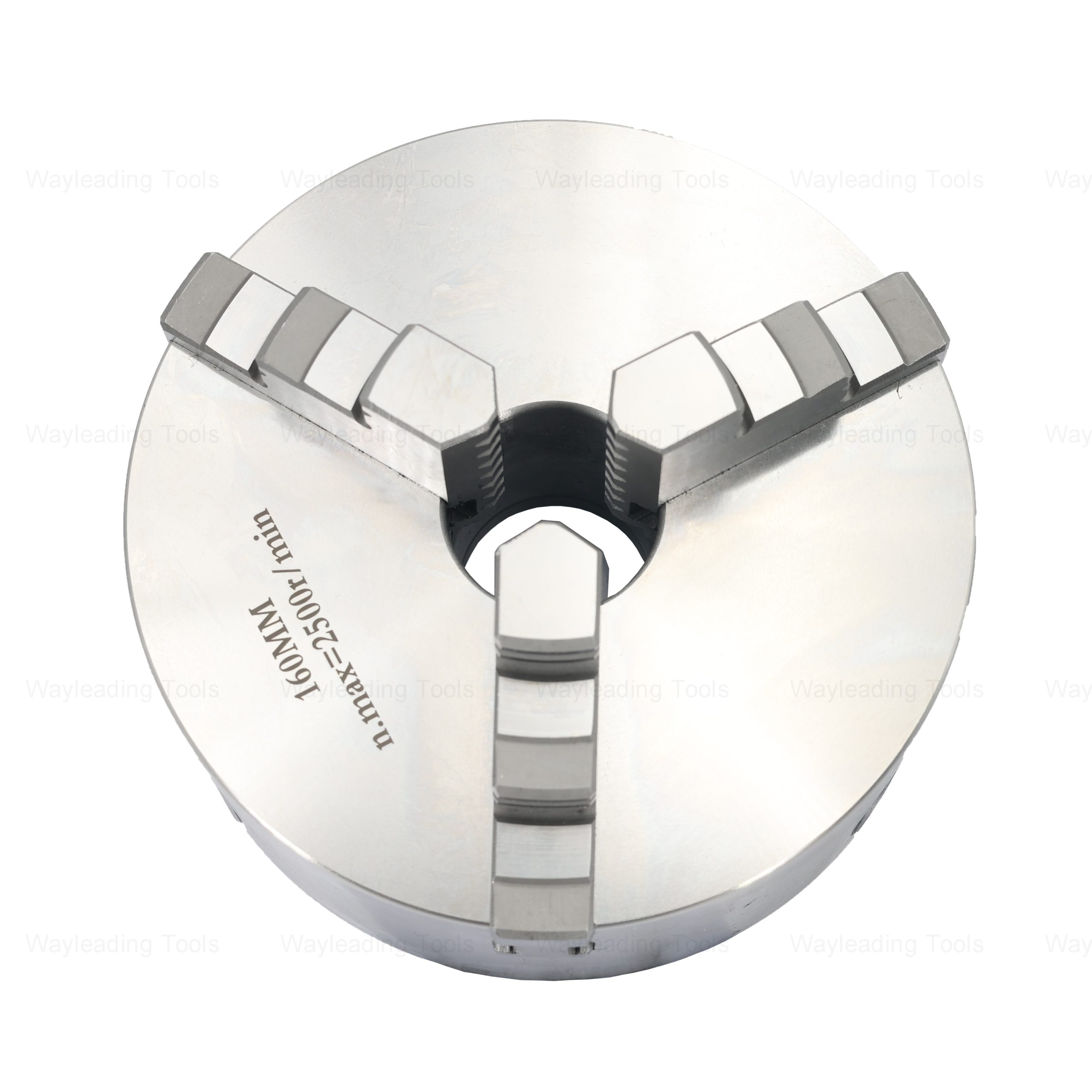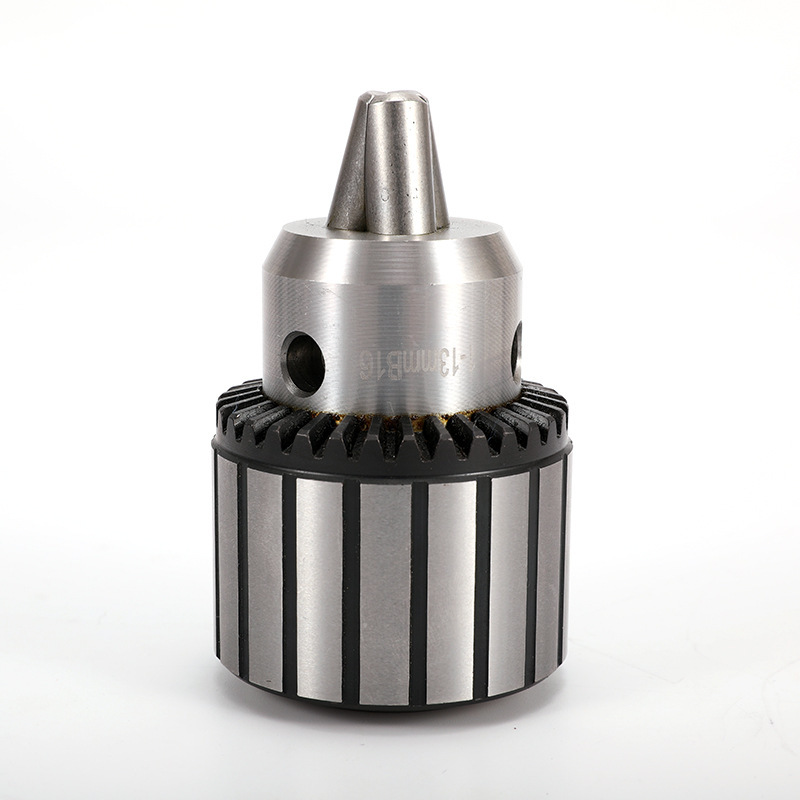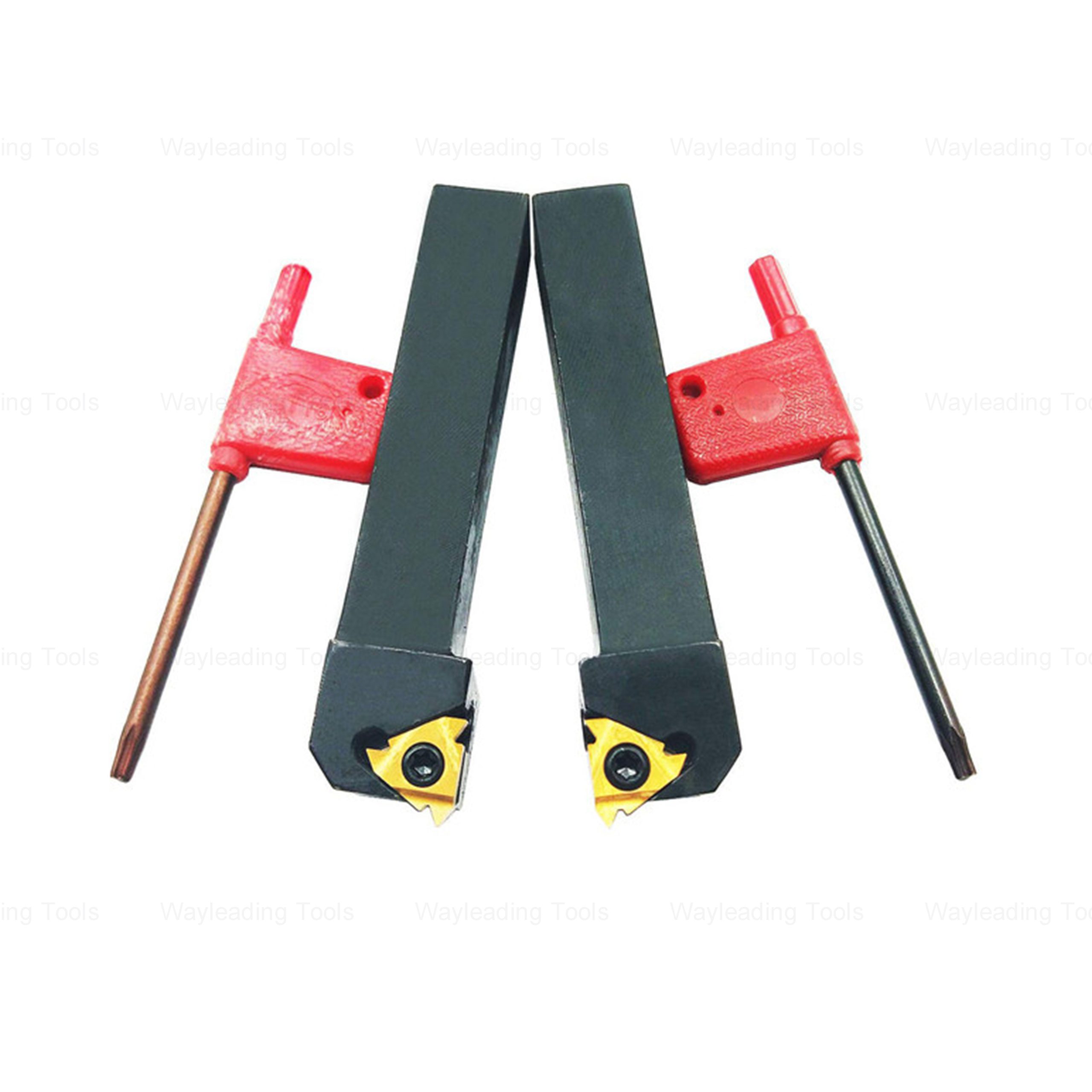High-Quality drill sleeves
High-Quality drill sleeves are essential tools for precision drilling, ensuring accuracy and protecting both the drill bit and the workpiece. They come in various materials and sizes to accommodate different drilling needs, extending the lifespan of your drills and improving the quality of your finished products.
Understanding Drill Sleeves
A drill sleeve, also known as a reduction sleeve or drill socket, is a cylindrical adapter designed to allow a drill bit with a smaller shank to be used in a drilling machine (such as a drill press or lathe) that accepts larger shank sizes. This eliminates the need for multiple drilling machines with different chuck sizes, saving space and cost.
Types of Drill Sleeves
Several types of drill sleeves cater to different applications. Common types include:
- Morse Taper Sleeves: These sleeves are designed to adapt drills with Morse taper shanks. Morse taper sleeves are self-holding due to the taper.
- Straight Shank Sleeves: For drills with straight shanks, providing a secure and concentric fit.
- Metric Sleeves: Designed to accommodate metric drill sizes.
- Inch Sleeves: Designed to accommodate inch drill sizes.
Materials Used in Drill Sleeves
The material of a high-quality drill sleeve significantly impacts its durability and performance. Common materials include:
- Steel: Steel sleeves offer excellent strength and wear resistance. Hardened steel sleeves provide even greater durability.
- Alloy Steel: Alloy steels, such as chrome-vanadium steel, offer enhanced toughness and resistance to deformation.
- Carbide: Carbide sleeves are used in high-precision applications due to their exceptional hardness and wear resistance.
Benefits of Using High-Quality Drill Sleeves
Investing in high-quality drill sleeves offers numerous advantages:
- Increased Accuracy: Ensure precise drilling by providing a secure and concentric fit for the drill bit.
- Extended Drill Bit Life: Reduce wear and tear on drill bits by providing proper support and alignment.
- Versatility: Allows the use of a wider range of drill bit sizes in a single drilling machine.
- Cost Savings: Eliminates the need to purchase multiple drilling machines with different chuck sizes.
- Improved Safety: Proper alignment and support reduce the risk of drill bit breakage and potential injury.
Choosing the Right Drill Sleeve
Selecting the correct drill sleeve is crucial for optimal performance. Consider the following factors:
- Drill Shank Size: Ensure the sleeve is compatible with the shank size of your drill bit.
- Machine Spindle Size: The sleeve must fit the spindle of your drilling machine.
- Material Compatibility: Choose a sleeve material that is appropriate for the material you are drilling.
- Tolerance Requirements: For high-precision applications, select a sleeve with tight tolerances.
- Application: Consider the specific demands of the drilling operation, such as speed, feed rate, and coolant use.
Where to Buy High-Quality Drill Sleeves
High-quality drill sleeves are available from various sources, including industrial supply companies, tool distributors, and online retailers. When selecting a supplier, consider the following:
- Reputation: Choose a supplier with a proven track record of providing high-quality products.
- Product Range: Ensure the supplier offers a wide range of drill sleeves to meet your specific needs.
- Technical Support: Opt for a supplier that can provide technical assistance and guidance.
- Pricing: Compare prices from different suppliers to ensure you are getting a competitive deal. Consider checking out Wayleading Tools for competitive pricing and a wide selection.
Maintenance and Care
Proper maintenance and care can extend the lifespan of your high-quality drill sleeves:
- Cleaning: Regularly clean the sleeves to remove debris and contaminants.
- Lubrication: Apply a light coat of oil to prevent corrosion.
- Storage: Store the sleeves in a dry and protected environment.
- Inspection: Periodically inspect the sleeves for wear and damage. Replace damaged sleeves immediately.
Troubleshooting Common Issues
Even with high-quality drill sleeves, issues can occasionally arise. Here are some common problems and their solutions:
- Drill Bit Slippage: Ensure the sleeve is properly installed and the drill bit is securely tightened.
- Vibration: Check for wear or damage to the sleeve or drill bit.
- Inaccurate Drilling: Verify the sleeve is aligned correctly and the drilling machine is properly calibrated.
Case Studies: High-Quality Drill Sleeves in Action
Here are a few examples of how high-quality drill sleeves have been used to improve drilling operations:
- Aerospace Manufacturing: A manufacturer of aircraft components used high-quality drill sleeves to improve the accuracy and consistency of drilling operations on aluminum alloy parts. This resulted in a reduction in scrap rates and improved overall product quality.
- Automotive Industry: An automotive component supplier used high-quality drill sleeves to extend the lifespan of drill bits used in the production of engine blocks. This resulted in significant cost savings on drill bit replacements.
- Medical Device Manufacturing: A medical device manufacturer used high-quality drill sleeves to ensure the precision and accuracy of drilling operations on titanium implants. This was critical for ensuring the safety and efficacy of the medical devices.
The Future of Drill Sleeve Technology
Drill sleeve technology continues to evolve, with advancements in materials, coatings, and designs. Some of the trends shaping the future of drill sleeves include:
- Advanced Materials: The development of new materials, such as composites and ceramics, is leading to lighter, stronger, and more wear-resistant drill sleeves.
- Smart Sleeves: Integrated sensors and electronics are being incorporated into drill sleeves to monitor performance and provide real-time feedback.
- Customization: 3D printing and other advanced manufacturing techniques are enabling the creation of custom-designed drill sleeves to meet specific application requirements.
Drill Sleeve Specifications and Standards
Understanding the specifications and standards for drill sleeves is essential for ensuring compatibility and performance. Key standards include:
- ANSI (American National Standards Institute): Defines standards for drill sleeve dimensions and tolerances.
- DIN (Deutsches Institut für Normung): German standards for drill sleeve design and manufacturing.
- ISO (International Organization for Standardization): International standards for drill sleeve specifications.
Comparing Different Drill Sleeve Brands
Several brands offer high-quality drill sleeves. Comparing their features and benefits can help you make an informed decision. Here's a comparison of some popular brands:
| Brand | Key Features | Pros | Cons |
|---|---|---|---|
| Brand A | High-precision, hardened steel, wide range of sizes | Excellent accuracy, long lifespan, versatile | Higher price point |
| Brand B | Alloy steel, good wear resistance, competitive pricing | Good value for money, durable | May not be as accurate as higher-end brands |
| Brand C | Carbide sleeves, extreme hardness, for specialized applications | Exceptional wear resistance, ideal for abrasive materials | Very expensive, limited size range |
Conclusion
Investing in high-quality drill sleeves is a smart choice for anyone looking to improve the accuracy, efficiency, and safety of their drilling operations. By understanding the different types of sleeves, materials, and features available, you can select the perfect sleeve for your specific needs. Consider factors like drill shank size, machine spindle size, and material compatibility to make an informed decision. Explore reputable suppliers like Wayleading Tools to ensure you get a product that meets your expectations. Remember that proper maintenance and care will extend the lifespan of your drill sleeves, ensuring long-term cost savings and improved performance.
Related products
Related products
Best selling products
Best selling products-
 Type E Oval Tungsten Carbide Rotary Burr
Type E Oval Tungsten Carbide Rotary Burr -
 HSS Shell End Mill Cutter With Bright & TiN Or TiAlN Coated
HSS Shell End Mill Cutter With Bright & TiN Or TiAlN Coated -
 HSS Annular Cutters With Weldon Shank For Metal Cutting
HSS Annular Cutters With Weldon Shank For Metal Cutting -
 K11 Series 3-Jaw Self-Centering Lathe Chuck – Scroll Type, for Manual Lathes
K11 Series 3-Jaw Self-Centering Lathe Chuck – Scroll Type, for Manual Lathes -
 Precision Vernier Caliper With Nib Style & Standard Style Jaws Of Metric & Imperial For Industrial
Precision Vernier Caliper With Nib Style & Standard Style Jaws Of Metric & Imperial For Industrial -
 Key Type Drill Chuck With Heavy Duty Type
Key Type Drill Chuck With Heavy Duty Type -
 HSS Inch 4 Flute End Mills With Bright Or TiN And TiAlN Coated
HSS Inch 4 Flute End Mills With Bright Or TiN And TiAlN Coated -
 Type H Flame Tungsten Carbide Rotary Burr
Type H Flame Tungsten Carbide Rotary Burr -
 F1 Precision Boring Head With Metric & Inch
F1 Precision Boring Head With Metric & Inch -
 Indexable External Threading Tool Holder – SER / SEL, Metric & Inch
Indexable External Threading Tool Holder – SER / SEL, Metric & Inch -
 7pcs Carbide Turning Tool Set With Metric & Inch Size
7pcs Carbide Turning Tool Set With Metric & Inch Size -
 Precision 8pcs & 9pcs Angle Blocks Set With High Quality Type
Precision 8pcs & 9pcs Angle Blocks Set With High Quality Type
Related search
Related search- disk micrometer Manufacturers
- 7pcs toolholder set Supplier
- SDUC boring bar Suppliers
- grv internal grooving toolholders Supplier
- drill sleeves Manufacturers
- Round Adjustable Split Die Supplier
- High-Quality reamer set
- sn indexable thread turning tool Suppliers
- sk collet chuck Factory
- PSBN turning tool holder Supplier











